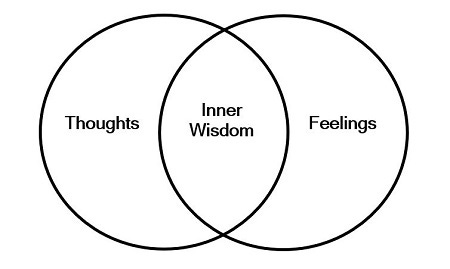The War on Clean Eating
“The whole family is going to focus on eating better- we could all stand to pay attention more.” Which was flat-out fucking ridiculous: her dad was naturally, genetically skinny and her mother basically dedicated her own existence to staying that way.
~Where the Grass is Green and the Girls are Pretty by Lauren Weisberger
Eating consciously has come under quite a bit of scrutiny. No matter what size or shape the person making intentional food choices is: Nicki Minaj critiques DJ Khaled with “Ain't no fat n** telling me what he ain't eating,” and Gwyneth Paltrow has endured scrutiny for endorsing avoidance of foods and detoxing. People judge people for their food choices, based upon how they look.
Proponents of the Anti-Diet Culture are so sick of “Clean eating is so important to good health” (Weisberger, 29) being code for “you need to lose weight” that some of us are now left feeling guilty for seeking out fresh foods.
To that end, orthorexia is real. An obsession with “eating healthy” turns into anorexia disguised as something positive. A way of eating that is unbendable and difficult to maintain is harmful, emotionally and socially. And yet so is the other end of the spectrum: bingeing and eating to avoid, numb out, or escape.
Have I mentioned before that all or nothing thinking is problematic?
When we know that all foods fit into a balanced life, we are able to let go of shame for eating ANYTHING.
Chips aren’t good or bad
just as
Celery isn’t good or bad
Sometimes, while working so hard to accept our bodies and challenge ourselves to eat foods that we once felt bad about eating, the pendulum swings the other direction and we get confused when we long for veggies because we’ve been so indoctrinated with anti-diet propaganda.
In a recovered life that is free of obsession and compulsion, values (our inner wisdom, which encompasses all of our priorities) drive our food choices.
If we only eat foods from a nutrition-based motivation, choosing only what nutrients are most optimal for whatever we think we are supposed to be fueling for, we miss out on the comfort and fun that food also provides. 1Food is connected with feelings! We need to disentangle food and feelings so that our food choices aren’t only made to satisfy feelings.

It is true that food is medicine, and also that food is part of celebration and connection. Sharing a deep conversation over a cup of coffee, shoving wedding cake into your new spouse’s mouth, and sitting down to dinner together as a family are crucial components of our culture that have an importance outside of nutrition. 2So we must use both our thoughtful rationale to choose the nutrients our bodies need and our interest in flavors and textures and the people and events these can be connected to, in order to balance our eating for our overall wellbeing. Our relationship with food can (and will, if we pursue it) support our physical, mental, social, and emotional health. So there need not be a war on eating anything.
The Food and Feelings Workbook is a useful resource if you’d like some help disentangling these two.
I work with some incredible Registered Dietitians who bring clarity to the balance of nutritionally-sound advice and emotionally-centered awareness of how hard eating can become when we are adamant about changing how our bodies look. Ask me if you’d like a referral!




